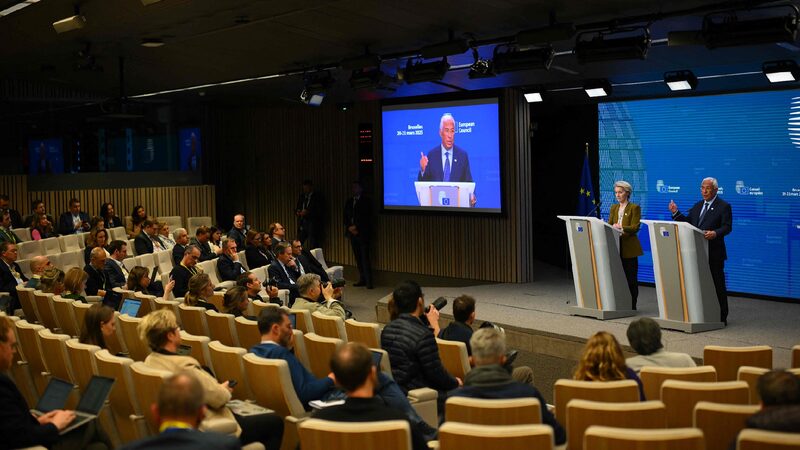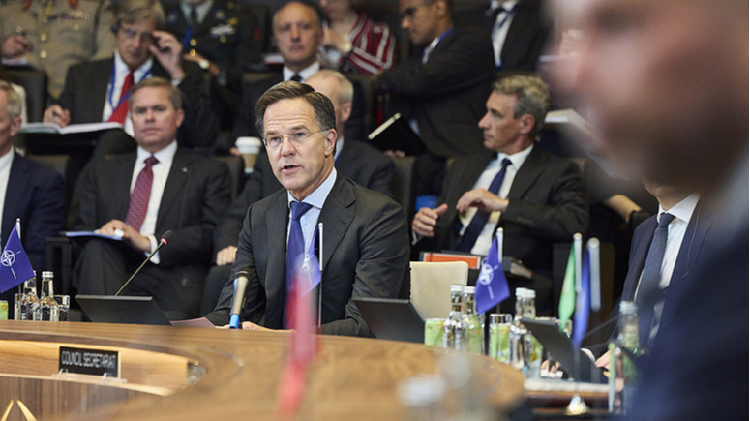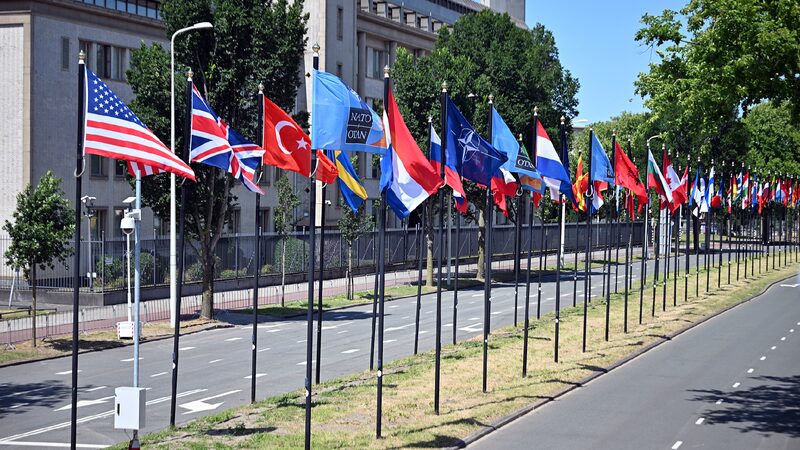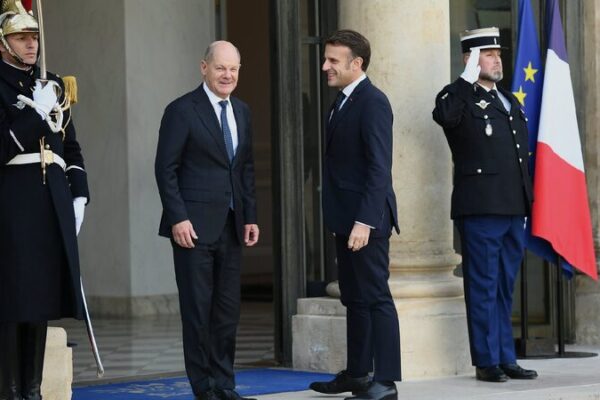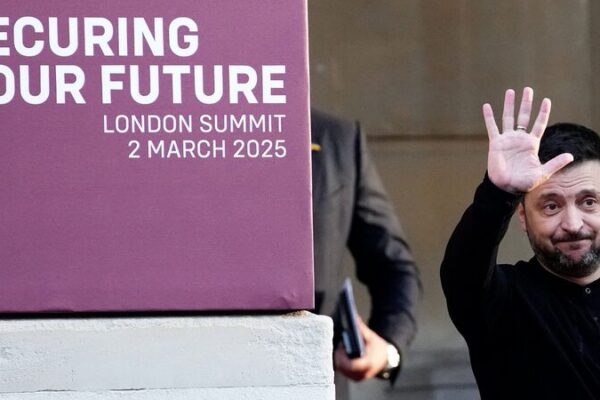Brussels—European Union leaders are pushing to strengthen their own defense capabilities amid growing doubts about future U.S. protection for Europe. However, disagreements over spending and strategy threaten to undermine their efforts.
At a summit on Thursday, EU leaders discussed the European Commission’s proposals to bolster defense, which include pooling resources for joint military projects and increasing purchases of European-made arms.
“We have to rearm ourselves because otherwise we will be the next victims of Russian aggression,” said Lithuania’s President Gitanas Nauseda, emphasizing the urgent need for increased defense capabilities.
Yet not all member states agree on the path forward. Some southern European countries are more hesitant, highlighting a division between nations closer to Russia that have provided more aid to Ukraine and those farther away that have contributed less relative to their economies.
Spanish Prime Minister Pedro Sanchez expressed discomfort with the term “rearm,” a word used frequently by the European Commission in its push for more defense spending. “It is important to take into account that the challenges we face in the southern neighborhood are a bit different from those that the eastern flank faces,” he said.
The Commission’s plan proposes easing fiscal rules to unlock up to €650 billion in additional defense spending, along with a new €150 billion low-interest loan program funded through joint borrowing.
Some leaders, like Greek Prime Minister Kyriakos Mitsotakis, urged the EU to go further in financing defense spending and consider providing grants, not just loans, to member states. Italian Prime Minister Giorgia Meloni favored “truly common European instruments that do not directly burden the debt of states.”
However, others, such as Dutch Prime Minister Dick Schoof, remain opposed to joint euro bonds. Schoof insisted that the €150 billion loan program is the maximum he would tolerate, signaling a potential roadblock in reaching a consensus.
The ongoing debate underscores the challenges the EU faces in uniting its member states on defense policy, even as external threats loom large. The question remains whether Europe can find common ground to enhance its security without deepening internal divisions.
Reference(s):
cgtn.com
